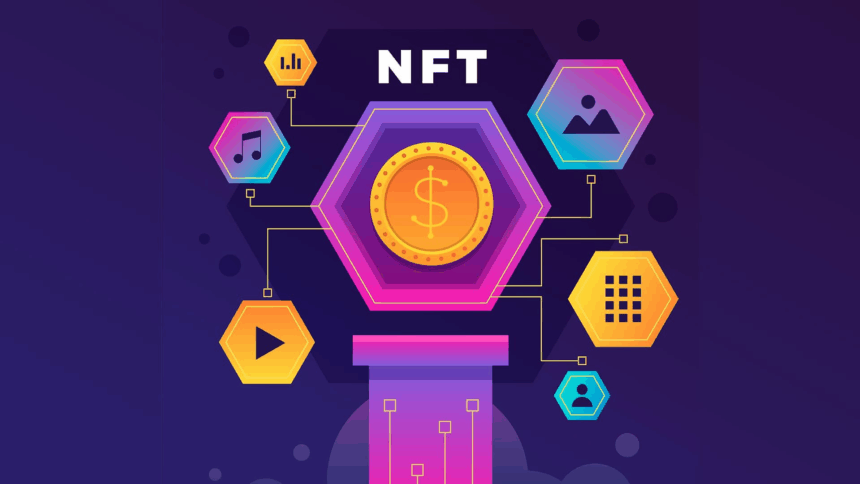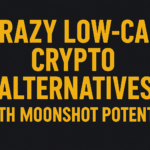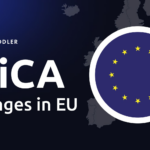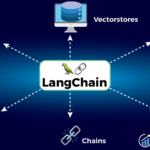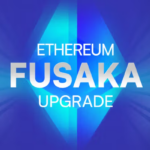In this article, I will discuss NFT Developer Toolkits—essential software and frameworks that simplify building, deploying, and managing NFTs.
These toolkits empower developers to create secure smart contracts, manage decentralized storage, and interact seamlessly with blockchain networks.
Whether you’re a beginner or experienced developer, understanding these tools is key to launching successful NFT projects efficiently and confidently.
Key Points & Nft Developer Toolkits
| Tool | Key Points |
|---|---|
| Solidity | Programming language for writing smart contracts on Ethereum. |
| OpenZeppelin | Audited, reusable smart contract libraries including ERC-721. |
| Truffle Suite | Development framework with testing, deployment, and management. |
| Hardhat | Flexible Ethereum development environment with testing & debugging tools. |
| IPFS | Decentralized storage for NFT metadata and assets. |
| Alchemy | Blockchain API platform for fast NFT querying and real-time data. |
| Moralis | Backend infrastructure with NFT API, cross-chain support, real-time sync. |
| MetaMask | Popular crypto wallet and browser extension for interacting with dApps. |
| Rarible Protocol | Decentralized protocol enabling NFT minting, royalties, and marketplaces. |
| Pinata | IPFS pinning service to securely store and manage NFT files. |
10 Nft Developer Toolkits
1.Solidity
Solidity remains the main tool for drafting smart contracts on Ethereum and compatible blockchains. It is a high-level, statically typed language designed for building dApps. NFT logic is controlled with Solidity in the issuing, moving and proprietary controls.
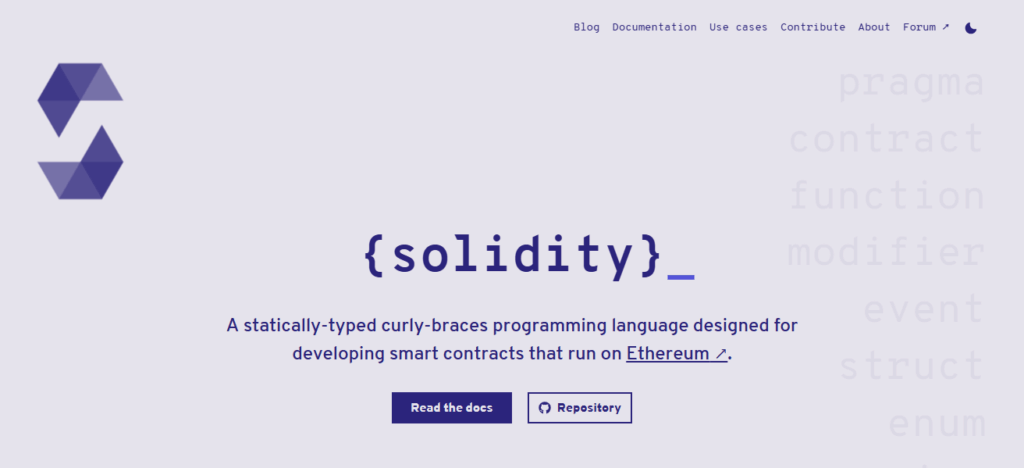
Furthermore, its syntax snapshotted in Java and C++ grants flexibility for a good portion of programmers. Being a crucial programming language for NFT development, Solidity governs the actions of the tokens on the blockchain and the enforced standards like ERC-721 and ERC-1155.
Features Solidity
Smart Contract Language: Enables the creation of decentralized corporate logic and through Ethereum and applicable blockchains, supports NFTs.
Supports ERC Standards: Enforces NFT standards for token generation, ERC-721 and ERC-11523, for creation of tokens.
Statically Typed: Provides type-based checks that ensure a lower number of errors in the coded contracts.
Contract Inheritance: Enhances modularity since it makes it possible to reuse and expand existing contracts.
2.OpenZeppelin
OpenZeppelin grants ERC721 and ERC115 contracts and other building features that aid the speedy development of NFTs ensuring security and community residing at the heart of NFTs. It also his contracts for access control and minting functionalities.
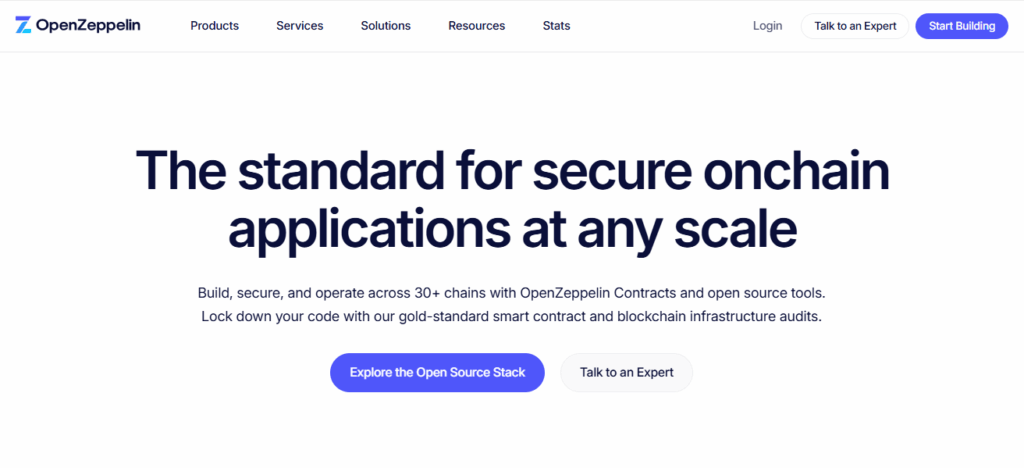
Using these contracts helps the developers comply with the best practices and avoid costly mistakes ensuring swift NFT project deployment. The code for these contracts are reusable and audited which further helps in better compliancy.
Features OpenZeppelin
Audited Contracts: Gives NFT implementations community audited for security, providing standards of NFT contracts which are safe.
Upgradeable Contracts: Enables upgrades to existing NFT contracts through proxy patterns.
Modular Design: Supplies blocks that can be reused, for example, the Access Control or Payment Splitter.
Active Community & Support: Provides consistent updates that incorporate new features as well as unattended security updates.
3.Truffle Suite
Truffle Suite is an all in one development framework for dApps and NFTs on Ethereum. Truffle Suite has unique features such as smart contract compilation, testing, and deployment providing all the necessary tools in one package. Truffle has an inbuilt testing environment that supports Java and Solidity which enables the automation of contract behavioral tests.
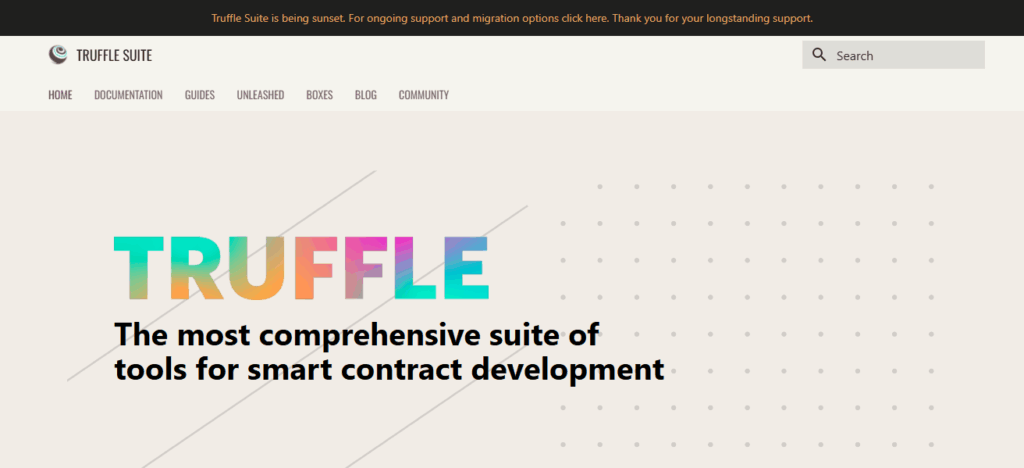
Truffle can be used with simulators and other blockchains which makes deployment easier. Truffle has automated NFT contract management and migration script functionalities which with the development and production smart contracts increases productivity.
Features Truffle Suite
Comprehensive Framework: Unifying the processes of compiling, testing, and deploying smart contracts gives more productivity to the NFT and business.
Automated Testing: JavaScript and Solidity can be used to write automation tests.
Network Management: Simplifies configuration of deployments to multiple Ethereum networks.
Migration System: Provides maximum operational efficacy for the management of deployment scripts in contracts through contract deployment scripts.
4.Hardhat
Hardhat is centered on boosting developer productivity and is an Ethereum development environment which is flexible and extensible. It has an advanced debugging and testing environment, compilation services, and a local blockchain network for NFT smart contracts.
Hardhat’s plugin ecosystem improves workflows and also includes integrations for gas reporting and coverage as well as contract verification.
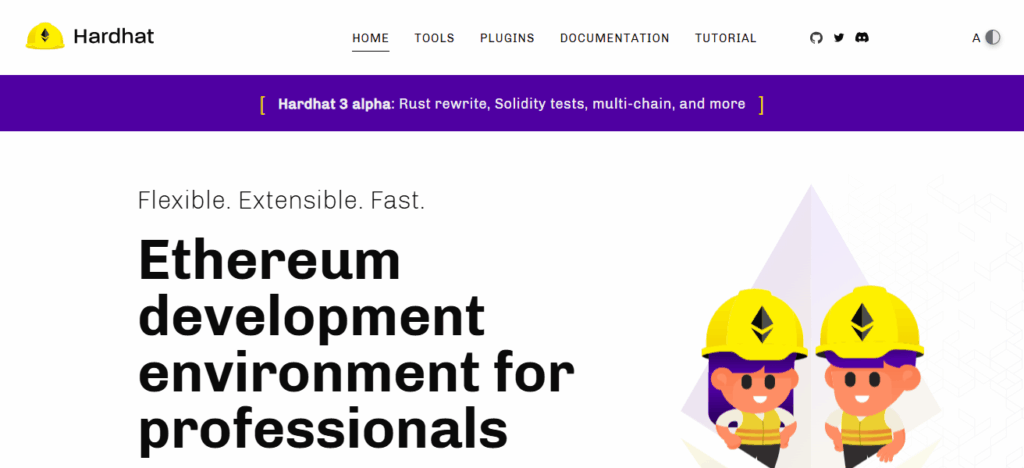
Hardhat’s detailed system of documenting errors and entire system of providing stack traces eases debugging for NFT contracts. Hardhat has automated tasks that will deploy contracts and execute interactions.
Features Hardhat
Local Ethereum Network: Creates a local blockchain to expedite development and testing.
Advanced Debugging: Provides contracts with in-depth error messages and stack traces for a more detailed debugging process.
Plugin Ecosystem: Extensions for gas consumption reporting, audit, or coverage reporting.
Task Automation: Custom and automated processes for contract and deployment procedures.
5.IPFS (InterPlanetary File System)
IPFS serves as a decentralized network for file storage and sharing, utilizing a peer-to-peer protocol. In the realm of NFTs, IPFS is the go-to platform for hosting metadata as well as digital assets including images, videos, and audio files. In contrast to traditional centralized servers IPFS protects data persistence and censorship resistance.
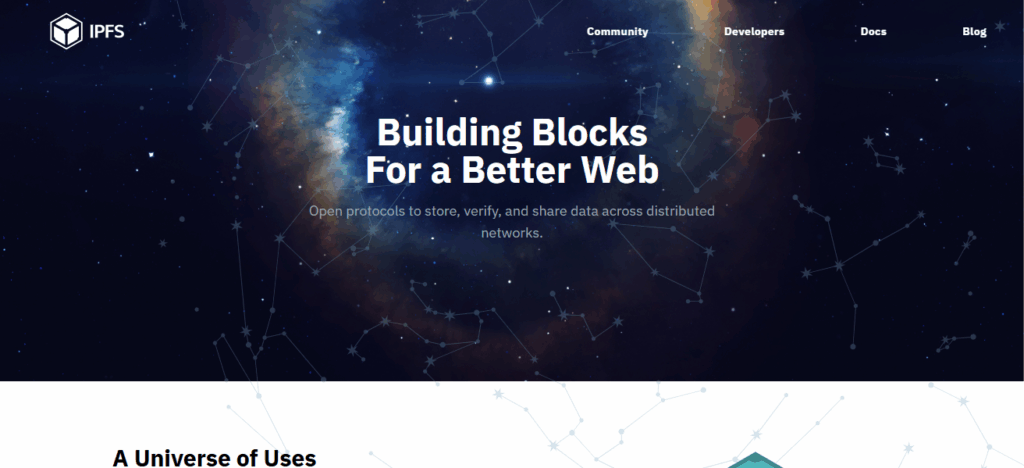
File storage is done across multiple nodes globally and each file is entitled to a unique cryptographic hash. This kind of storage enhances the security of the files and prevents tampering which is important for the provenance of NFTs and ensures its availability for years to come.
Features IPFS (InterPlanetary File System)
Decentralized Storage: Peer-to-peer system for storing files ensures data durability and prevents censorship.
Content Addressing: Retrieval of files using cryptographic hashes ensures immutability.
Distributed Hosting: Global replication of files ensures storage in multiple nodes.
Optimized for NFTs: Ideal for the secure storage of NFT’s metadata and media files.
6.Alchemy
Alchemy is a platform used for blockchain development. It provides powerful infrastructure and APIs to ease the development of NFT applications. Alchemy streamlines interactions with the blockchain, providing fast and reliable access to metadata, token ownership, and even real-time events.
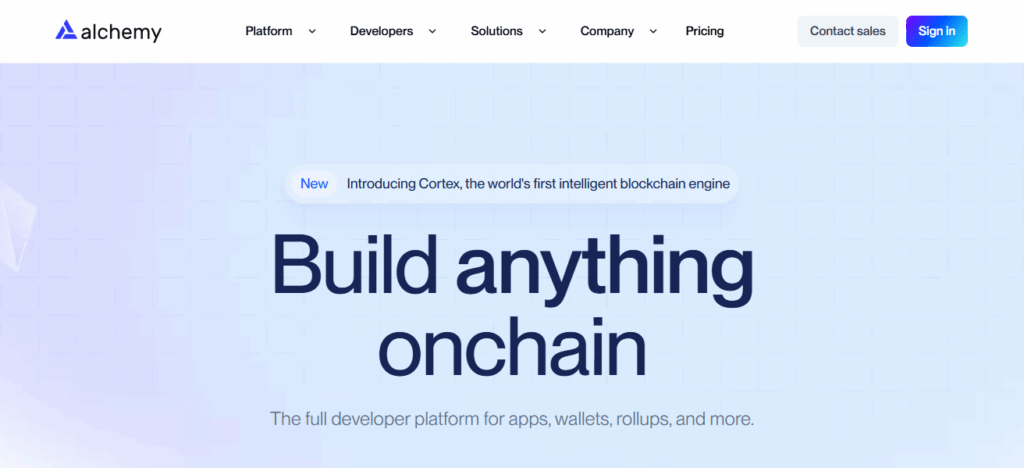
It is used by developers to access NFT collections on Ethereum and Polygon as they no longer have to worry about managing complicated node infrastructures. Alchemy enhances scalability and reduces latency while providing analytic tools which results in smoother NFT minting and marketplace integration as well as improved user experience.
Features Alchemy
Powerful APIs: Blockchain queries for NFT metadata and ownership information are simplified.
Multi-Chain Support: Available for Ethereum, Polygon, and others.
Real-Time Event Monitoring: Immediate tracking of NFT and contract event transfers.
Developer Tools: Offering of dashboards and debugging tools for seamless app development.
7.Moralis
Moralis is an infrastructure platform specializing in the backend for Web3 applications and NFTs. It provides real-time syncing of blockchain data, cross-chain NFT APIs, and user authentication to fetch data.
Developers can easily create NFT marketplaces, manage metadata, and track ownership changes without the need to operate backend servers or nodes.
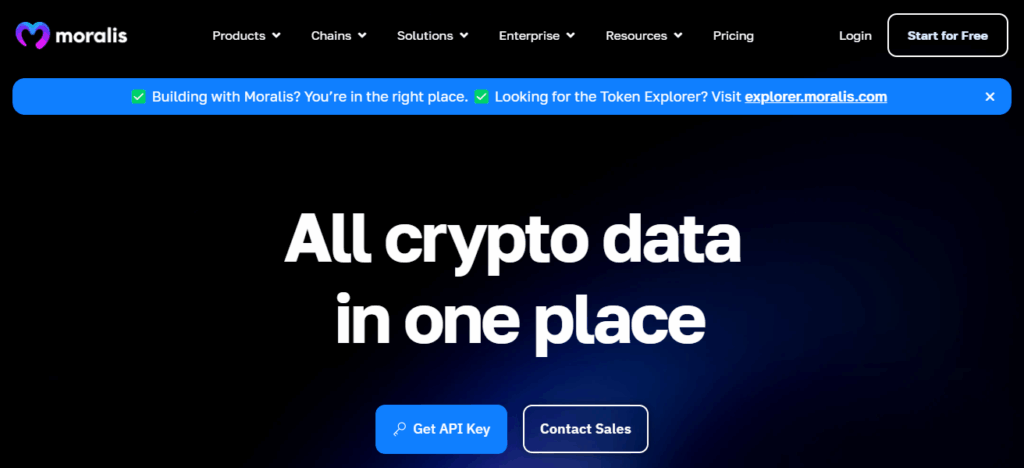
Moralis also services the Ethereum, Binance Smart Chain, and Polygon ecosystems. Moralis’s SDKs and dashboard enhances the development of NFT projects by ensuring dependable and scalable infrastructure and effortless integration with front-end applications.
Features Moralis
Backend Infrastructure: Manages the syncing of blockchain information and user logins.
Cross-Chain NFT API: NFT data access in real time across multiple chains.
Quick Integration: Backend efforts are lowered with available SDKs and REST APIs.
Scalable & Reliable: Automates the management of backend server workload.
8.MetaMask
MetaMask serves as a mobile and browser extension wallet enabling interaction with blockchain dApps through a browser or mobile phone. For NFT developers and users, MetaMask facilitates secure wallet management, transaction signing, and NFT marketplace and minting platform connectivity.
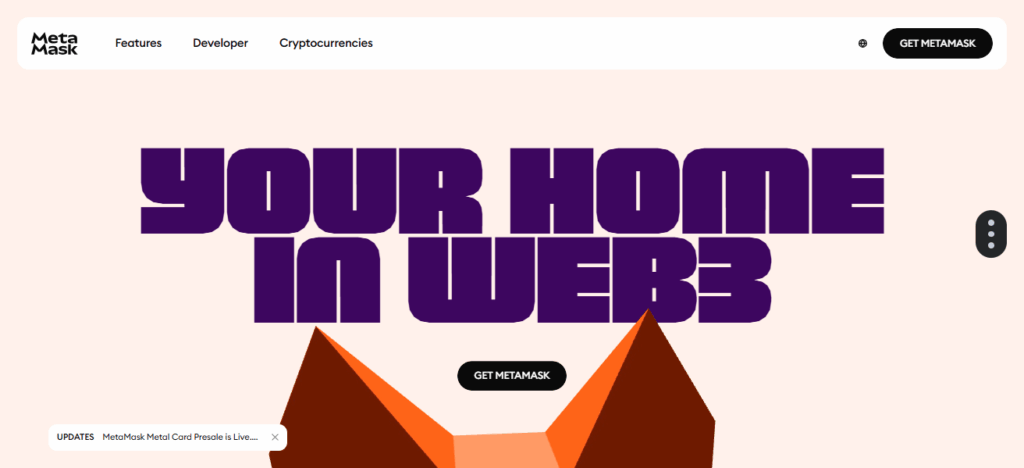
MetaMask is an Ethereum and other compatible networks as it provides access to other decentralized ecosystems. It, together with other wallet extensions, forms a vital piece in the user access infrastructure hence serving as a starting point into the NFT universe by using friendly interfaces and developer APIs.
Features MetaMask
User Wallet Management: Safekeeping of private keys and management of multiple cryptocurrency wallets.
dApp Browser Integration: Interface with web apps and blockchain networks are easily enabled.
Transaction Signing: Lets users grant permissions and securely sign off on NFT minting and transfers.
Multi-Chain Support: Works with the Ethereum mainnet as well as numerous testnets and Layer 2 solutions.
9.Rarible Protocol
Rarible Protocol is a decentralized and publicly-permissioned protocol for NFT creation, minting, and trading transactions. It powers Rarible’s marketplace, but developers can also build tailored NFT marketplace applications.
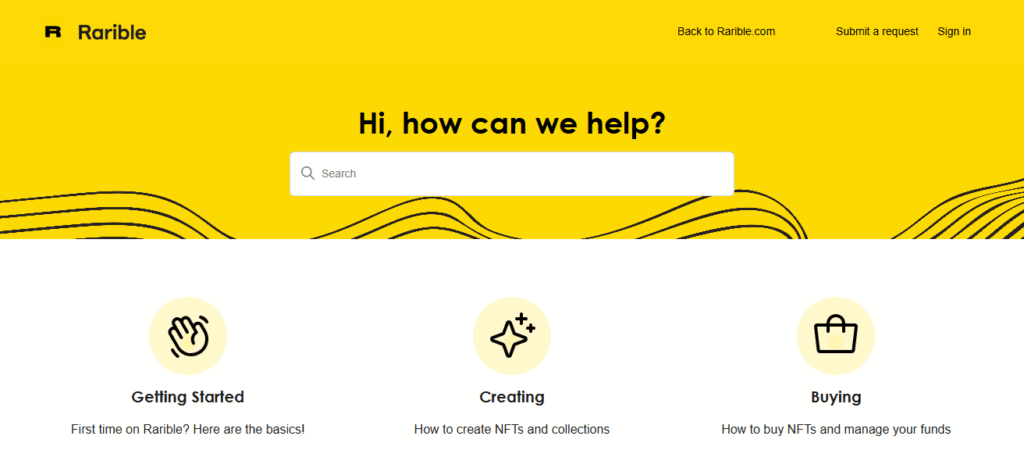
The protocol covers on-chain royalties, lazy minting, and multi-chain operations. With permissionless NFT minting and decentralized governance, Rarible Protocol facilitates community-controlled NFT infrastructure with creator funding flexibility for developers through a revenue-sharing setup.
Features Rarible Protocol
Open-Source Protocol: Allows for the creation of NFT marketplaces with greater flexibility and customization.
On-Chain Royalties: Allows automatic royalties for creators on secondary sales.
Lazy Minting: Users incur no gas fees until an NFT is bought.
Decentralized Governance: Decisions made by the community through governance tokens.
10.Pinata
Pinata is an IPFS pinning service that is well-known for aiding developers with securely storing and managing NFT assets. Through “pinning” NFT metadata and files across distributed nodes, metadata and files can be accessed and persistently hosted, which prevents critical loss and enhances NFT utility and provenance.
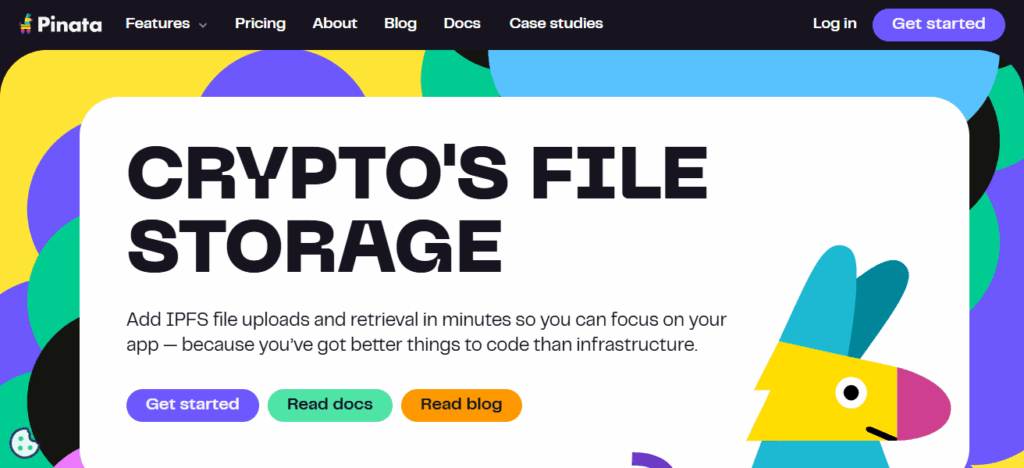
NFT projects do not need deep IPFS knowledge, as they can use user-friendly APIs, dashboards, and analytics for seamless integration.
Features Pinata
IPFS Pinning Service: Ensures the NFT files are stored and persist at multiple IPFS nodes.
Easy File Management: Simple Dashboard for uploading and managing assets.
API Access: Enables automated pinning and unpinning of NFT metadata and media.
Reliable Hosting: Guarantees NFTs are hosted with high uptime and quick content delivery.
Conclsuion
As a summary, toolkits for NFT developers such as Solidity, OpenZeppelin, Hardhat, and IPFS enable the development of secure and efficient NFT projects.
Through these toolkits, the smart contracts can be made, and the storage can be decentralized as well as orchestrated with the blockchain, speeding up innovation with NFTs.
Your project requirements and the level of expertise, alongside the blockchain system you wish to use, dictate the right combination for you to use.
FAQ
Which toolkit is best for beginners?
OpenZeppelin and Truffle are beginner-friendly with extensive documentation.
Can I store NFT metadata securely?
Yes, IPFS and Pinata provide decentralized, reliable storage solutions.
What’s the role of MetaMask?
MetaMask acts as a user wallet and gateway for interacting with NFT dApps.


